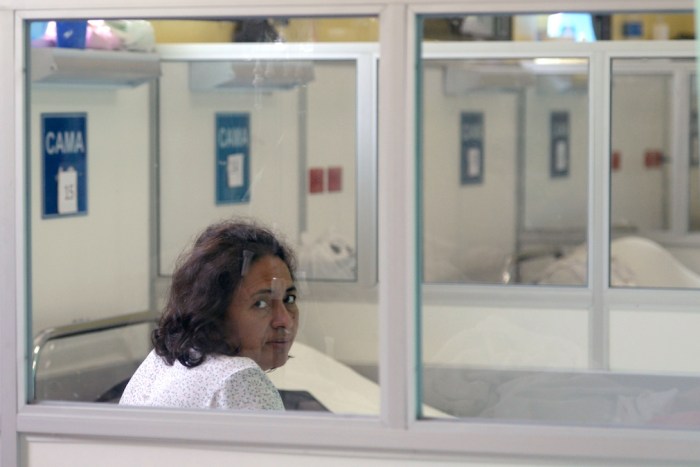No one knows how many American women die from pregnancy or childbirth every year in the U.S.
In fact, data collection is so flawed and under-funded that the federal government hasn’t kept official records on maternal deaths in more than a decade. But even with incomplete data, researchers have been able to estimate 700 to 900 women in the U.S. die each year to causes related to childbirth or pregnancy—the highest maternal mortality rate in the developed world.

Without accurate statistics on how many women are dying from pregnancy- and childbirth-related ailments, doctors are having an increasingly difficult time in preventing the maternal death rate from climbing even higher.
“It’s a tragedy,” Marian MacDorman, a research professor at the University of Maryland’s population research center, told ProPublica. “I really draw a direct link. People are dying because the federal government is not publishing this data.”
While other Western nations have reduced their maternal mortality rates over the last two decades, some estimates show the U.S. maternal mortality rate is now 26.4 per 100,000 live births.
Though the Centers for Disease Control has tried to standardize data as best it can with limited funds, the U.S. relies mainly on states to compile data on maternal deaths. Those efforts — where they exist — are largely under-funded and inconsistent. Only slightly more than half of states employ so-called maternal mortality review committees despite success stories in regions where maternal deaths have been tracked.
In Illinois, one such committee found obstetrical hemorrhage was the No. 1 cause of preventable maternal death in the state, which led to a $1 million investment from the state legislature to retrain local hospitals, Newsweek reported.
Congress had a chance to fund a bill in March that would have provided federal dollars to expand state maternal review committees, but the bill didn’t even make it out of committee.
It’s indicative of America’s attitude toward maternal deaths, Stacie Geller, a professor of obstetrics and gynecology at the University of Illinois College of Medicine and a leading scholar on the subject, told ProPublica.
“Maternal health in the U.S. is simply still not a priority. It’s not interesting. Preventable maternal deaths are not in the basement of our priorities, they are in the sub-basement,” she said.

























